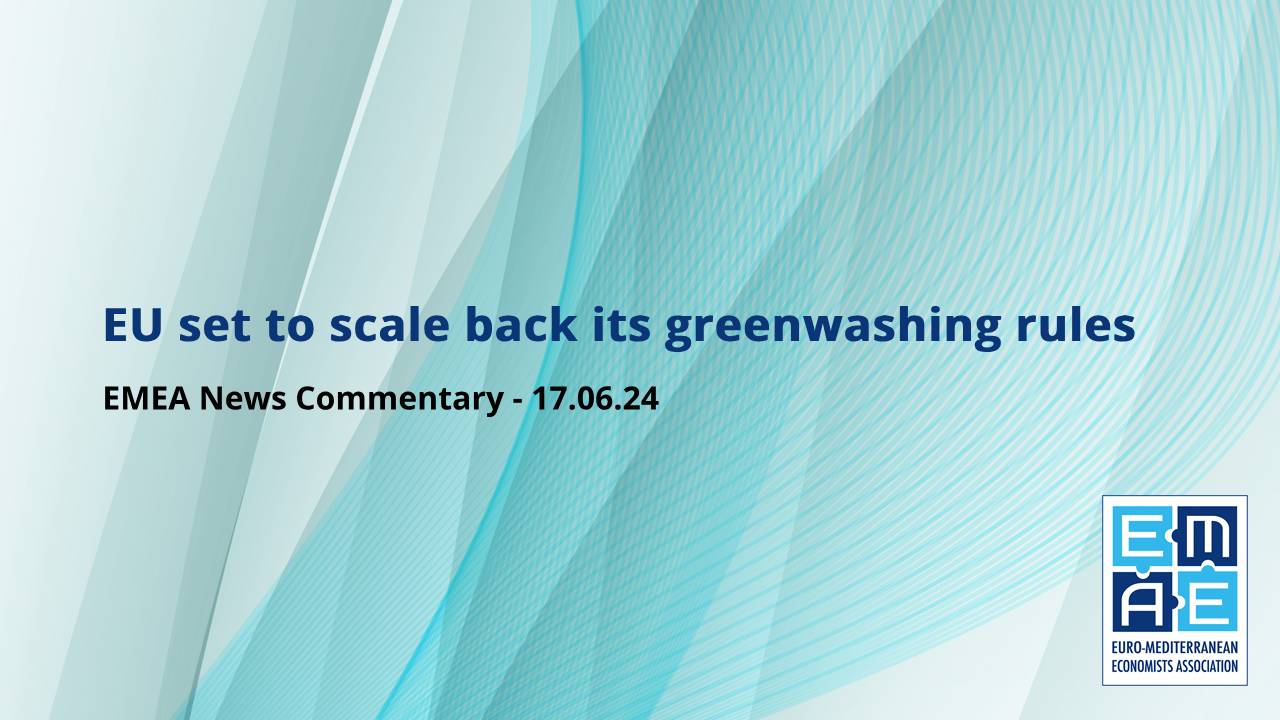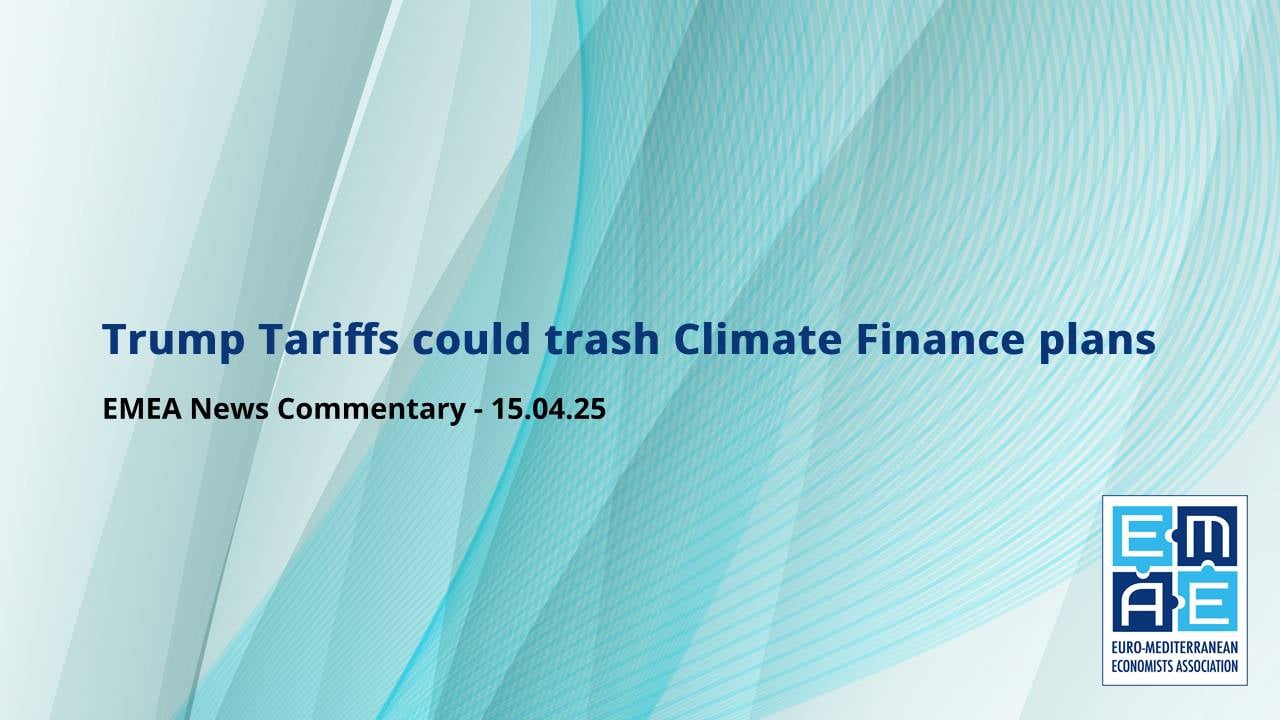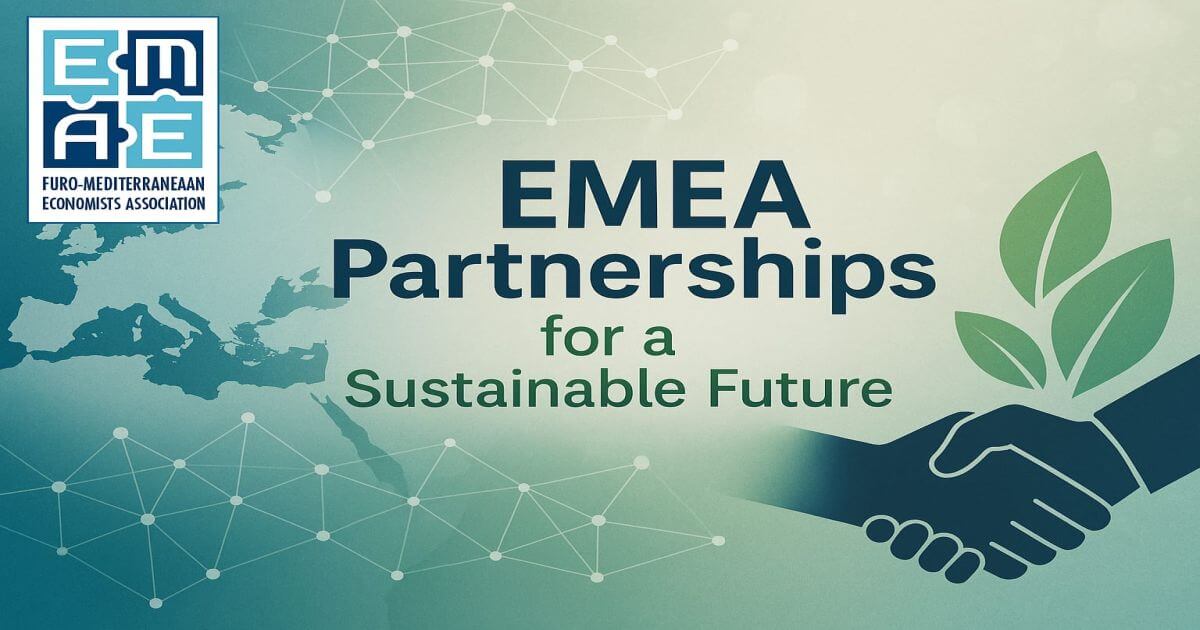The EU looks set to soften its greenwashing rules, with many member states pushing to water down recent legislation.
According to the Financial Times, European Commission President Ursula von der Leyen – who proposed the landmark climate legislation in 2020, following a tide of Green party support at the 2019 EU elections – has now “backtracked” on elements of the bloc’s climate agenda.
As voters across the continent headed to the polls last weekend to vote for the make-up of the next five-year European parliamentary term, Brussels is reported to be coming under increasing political pressure to relent on parts of its greenwashing laws.
The EU’s Green Deal had targeted 2050 as the date to achieve net zero emissions. But it has become “a heated campaign issue” according to the FT. Right leaning parties have blamed the legislation for aggravating the region’s industrial decline and burdening businesses with bureaucracy.
Prior to the vote, Von der Leyen had “backtracked on several critical planks” in a move to shore up support from conservative groups, it was reported.
The FT said they been shown a document indicating that member states were aiming “to soften the green claims directive.” This had followed “the weakening of rules on packaging waste and environmental due diligence during the legislative process.”
Much of the controversy had centred on the rules around environmental claims. Proposed last year as part of the Green Deal, the legislation was meant to stop companies over stating their eco-credentials. Green slogans claiming products were “100 per cent carbon neutral” or that packaging was “50 per cent recycled” had had their veracity questioned.
Whilst preparing the rules, the Commission had discovered that more than half of the claims it had examined were “vague, misleading or unfounded information about products’ environmental characteristics across the EU,” the FT quoted.
Plans to row back on the legislation have followed complaints that companies were being swamped by the verification process.
They have also faced more rigorous environmental reporting and stricter rules on waste and pollution, which was producing “untenable amounts of paperwork.”
Simplifying procedures
After a rethink over the law, EU member states have since decided to simplify procedures. The new “streamlined process” should enable companies to self-assess whether their green claims have been “scientifically credible under certain circumstances.” According to the document seen by the FT, this would strike a balance between consumer protection on one hand and administrative and financial overload for economic operators.
It was reported that only four countries, including Germany and Austria, had not supported the loosening of the rules.
In addition, EU countries were said to have taken a softer stance than the Parliament regarding whether products could be called “carbon neutral”, by claiming that they had offset emissions through investing in carbon credit schemes, like reforestation.
The credibility of carbon credits was reported to have been called into question, after investigations had discovered that a number of major programmes “were not underpinned by genuine carbon removals.” These projects had been criticised for distracting companies “from making fundamental changes to their businesses to reduce emissions.”
In March 2024, the European Parliament said it wanted a ban on slogans based on carbon offsets, unless companies had already done as much as possible to reduce emissions and were only using carbon offset schemes for residual emissions.
Margaux Le Gallou, programme manager at the Environmental Coalition on Standards, a non-profit green advocacy group, felt that the EU governments’ position meant that “a highly polluting company such as an airline or oil company could claim to be climate neutral and then only explain in small print that 99 per cent of emissions were offset.”
The FT quoted an EU diplomat, who said that member states saw carbon offsets as a tool that companies could implement at the beginning of their decarbonisation programmes, rather than upon completion.
Ministers are expected to sign off the relaxation of the greenwashing laws at their June 17th meeting, now that EU ambassadors have given an initial greenlight to the changes.





